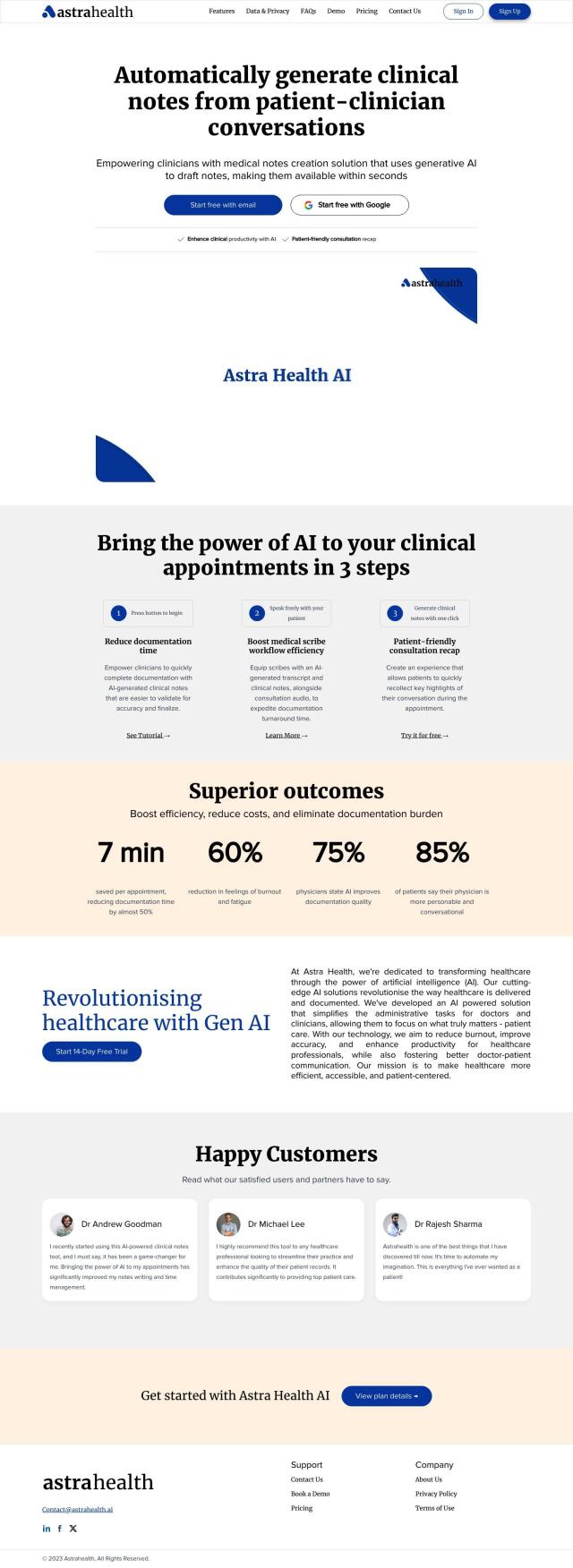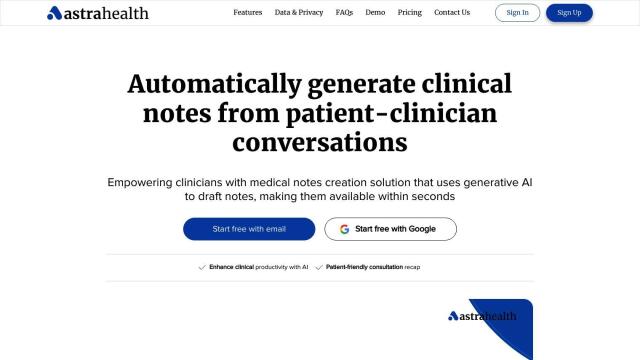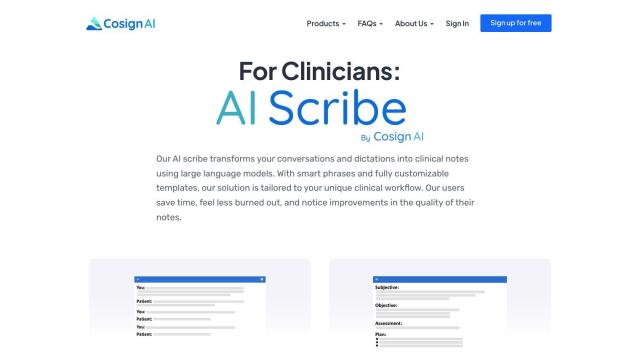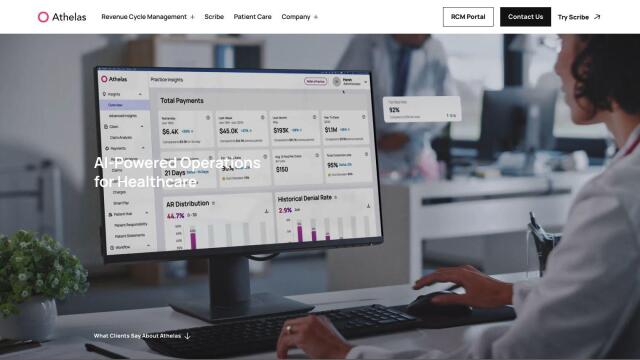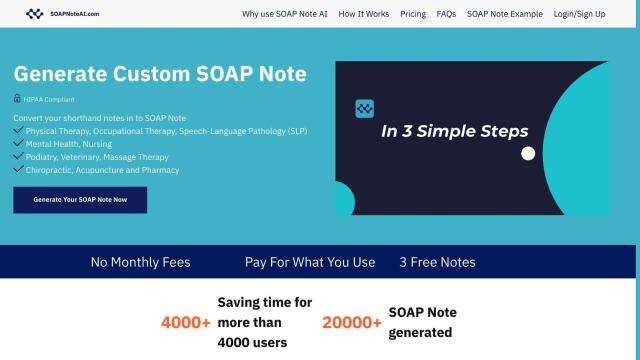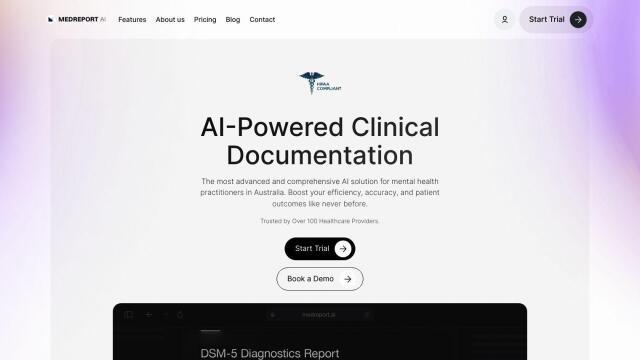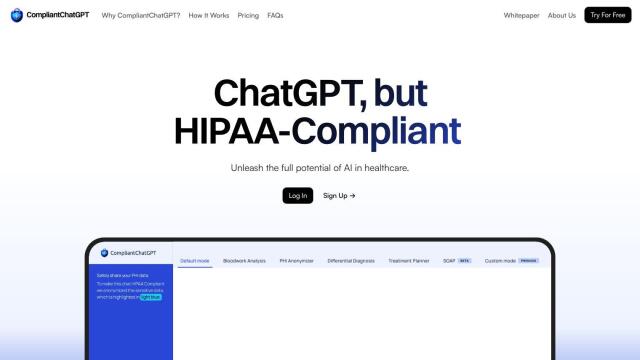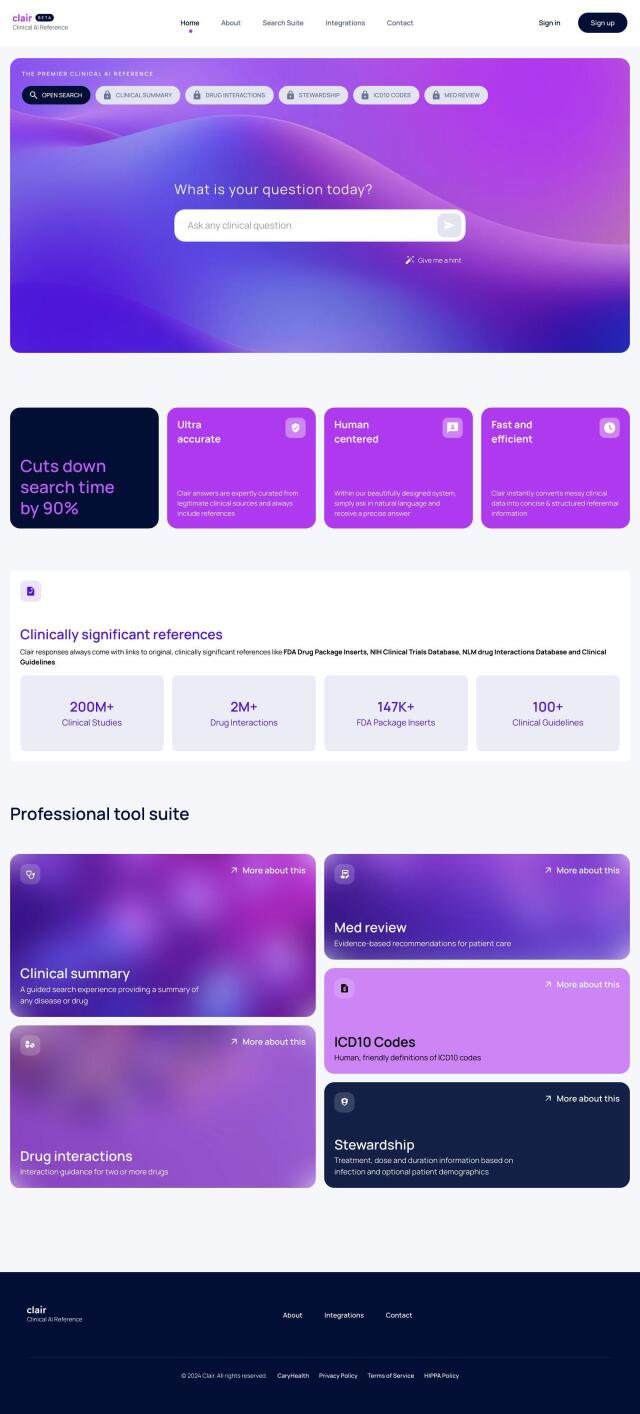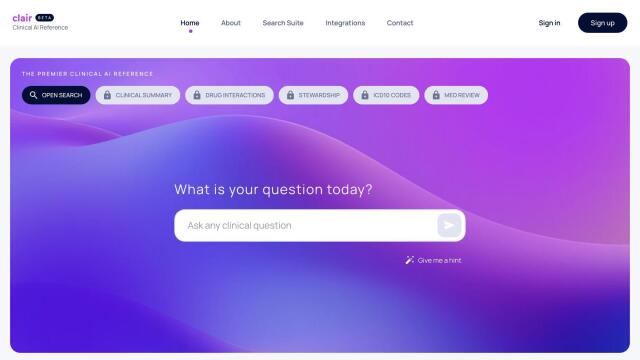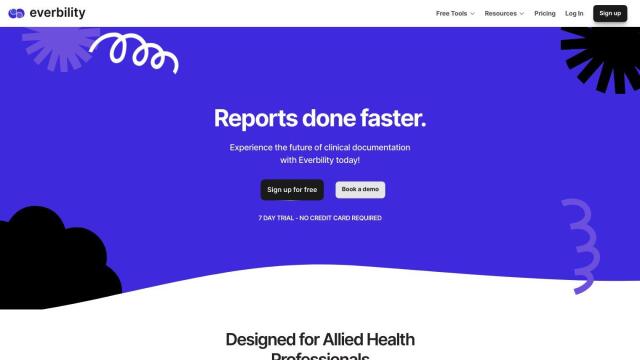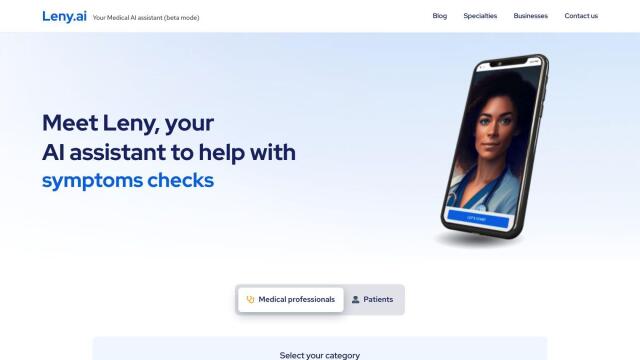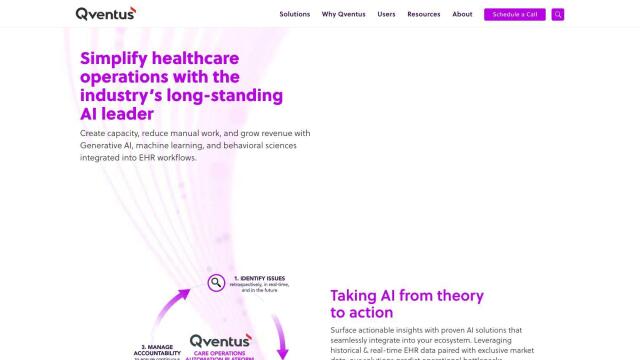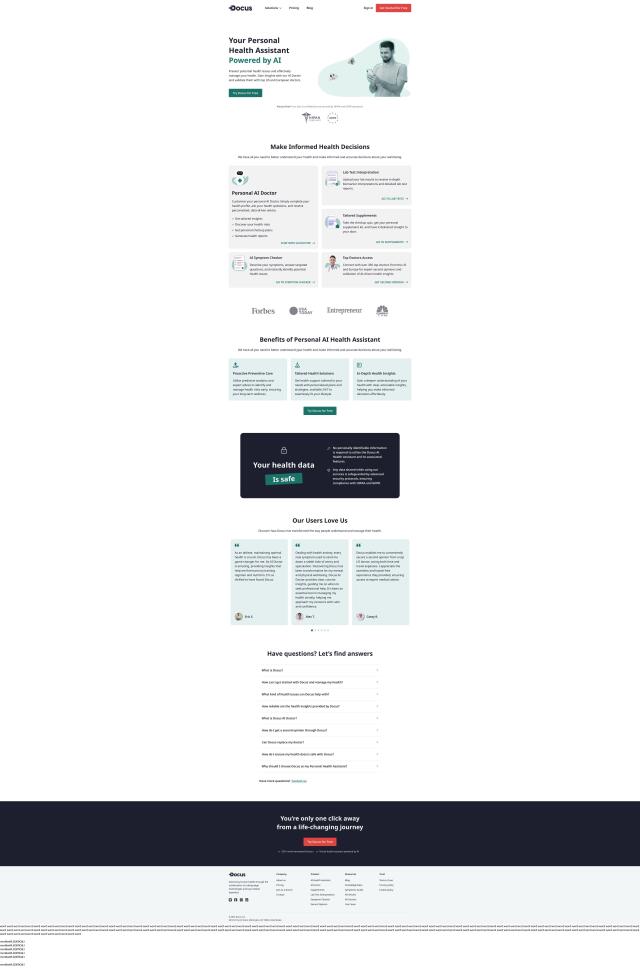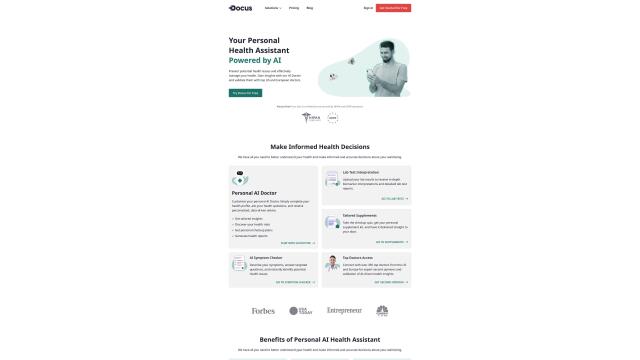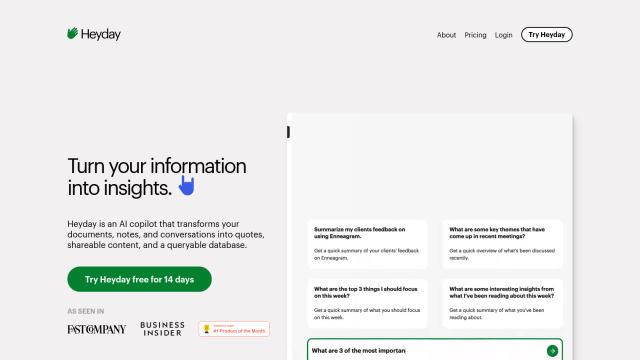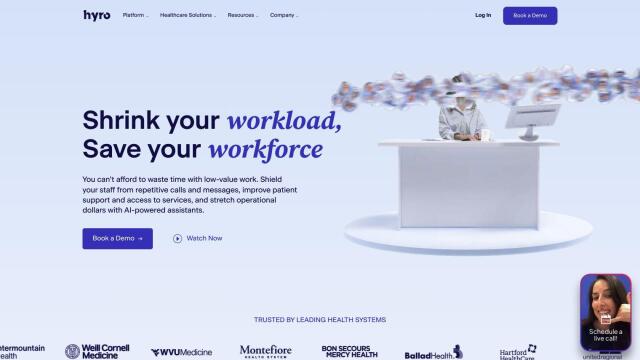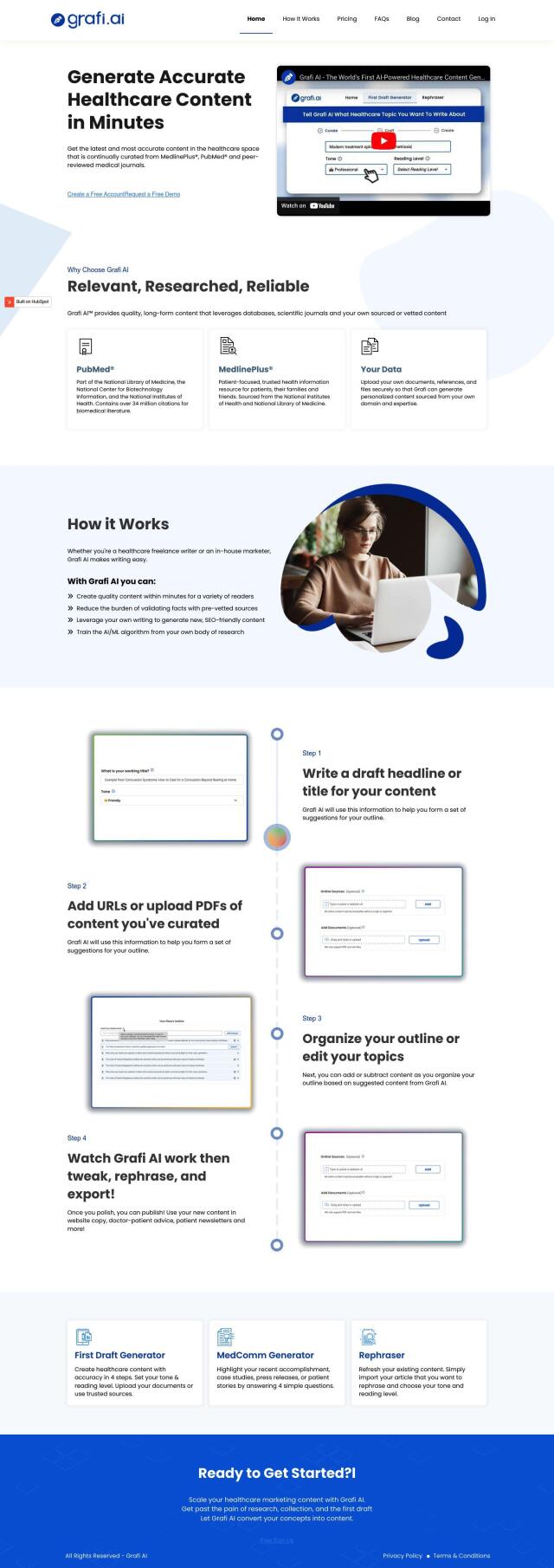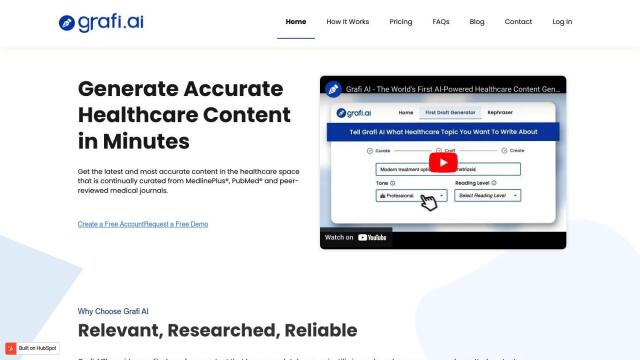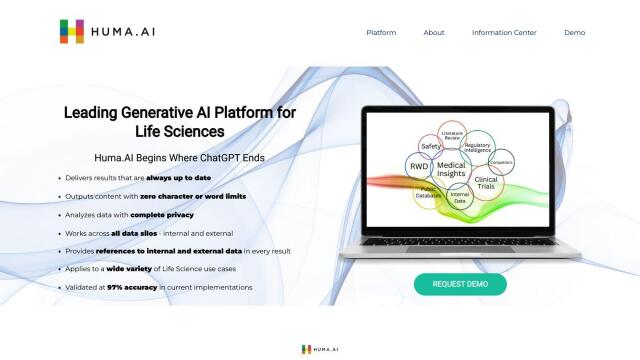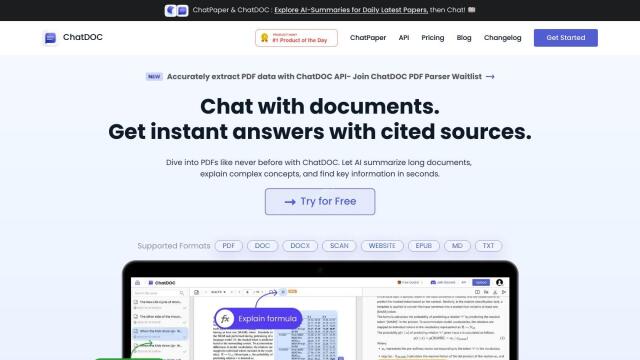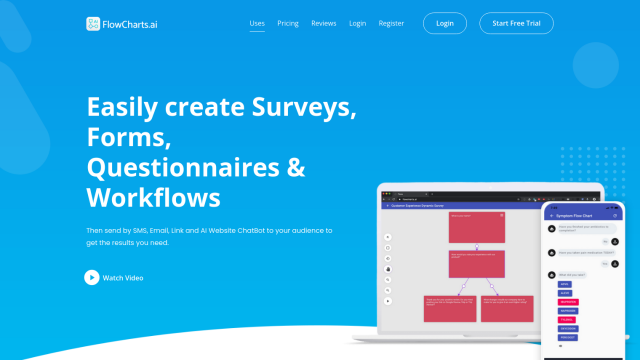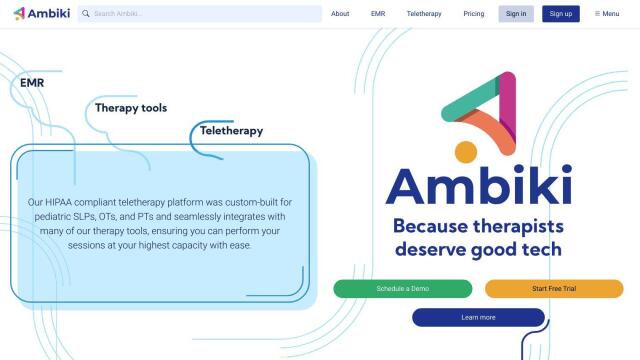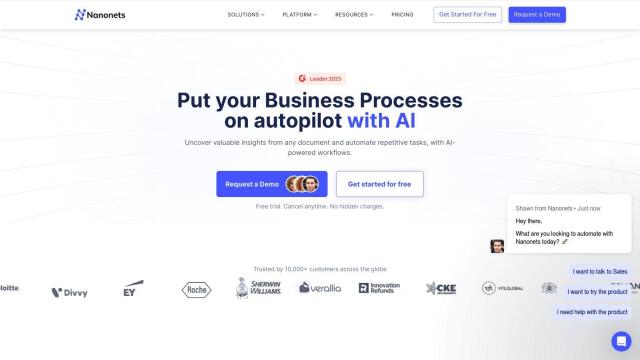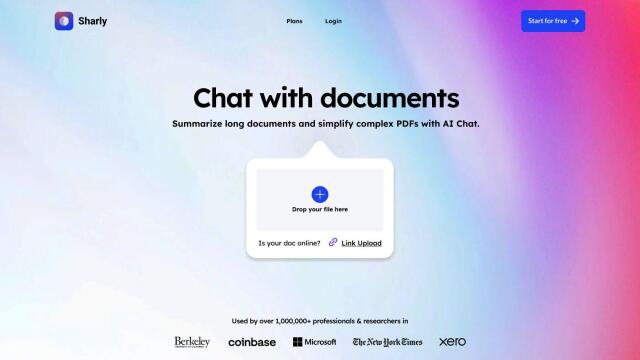Question: I'm looking for a solution that automates charting and summarizes patient history to save time.

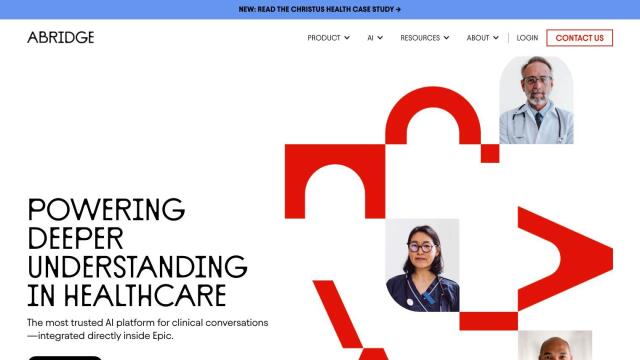
Abridge
If you're looking for a way to automate charting and summarize patient histories to free up your time, Abridge is worth a look. The service, which uses generative AI to transform clinical conversations into structured notes, is built directly into Epic systems. It produces real-time notes and clinically validated summaries across multiple specialties, and checks notes against original conversations and audio recordings. Abridge cuts down on paperwork, freeing clinicians to spend up to 70 hours per month on more important work and improving work-life balance.

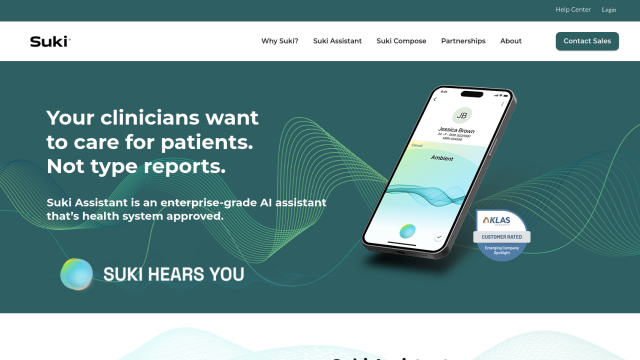
Suki
Another tool worth considering is Suki, an AI voice assistant designed to liberate clinicians from paperwork. It offers ambient note generation, dictation and code suggestion, among other features that can help automate clinical work. Suki spans multiple specialties and is tightly integrated with big EHR systems like Epic, Cerner and Athena. By cutting down on documentation, Suki can help health systems achieve big cost savings and improve physician satisfaction and retention.

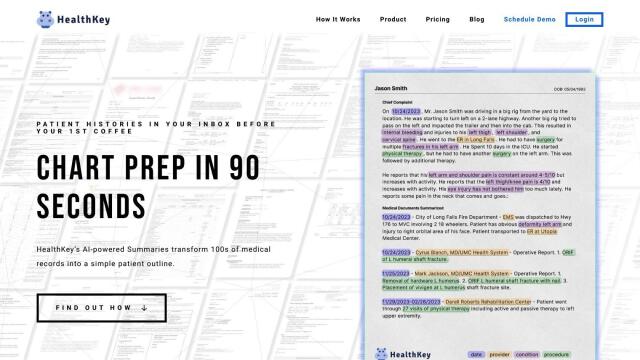
HealthKey
If you want to simplify patient record management, HealthKey offers an AI-based system that condenses hundreds of records into a single patient profile. It can also provide patient timelines for daily email summaries, chat with charts for direct communication, and automated chart creation in 90 seconds. HealthKey promises to improve patient satisfaction by ensuring better patient outcomes and giving healthcare providers more time to focus on patients.

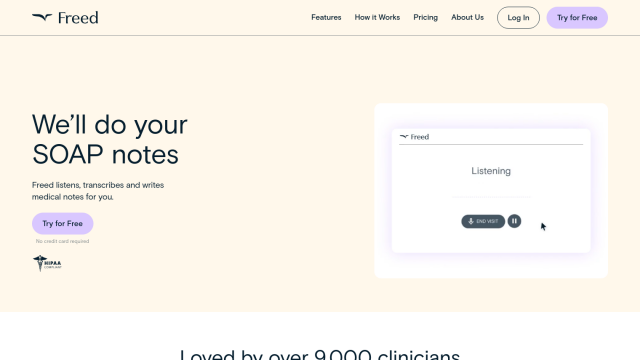
Freed
Last, Freed is an AI-powered medical scribe that can help you free up time for more important work. It learns each clinician's style and formatting, then can produce customized clinical notes in minutes. Freed is integrated directly into EHR systems and is designed to protect patient data with HIPAA compliance. The tool is designed to help clinicians spend more time on patient care and less time worrying.
